Lost and found
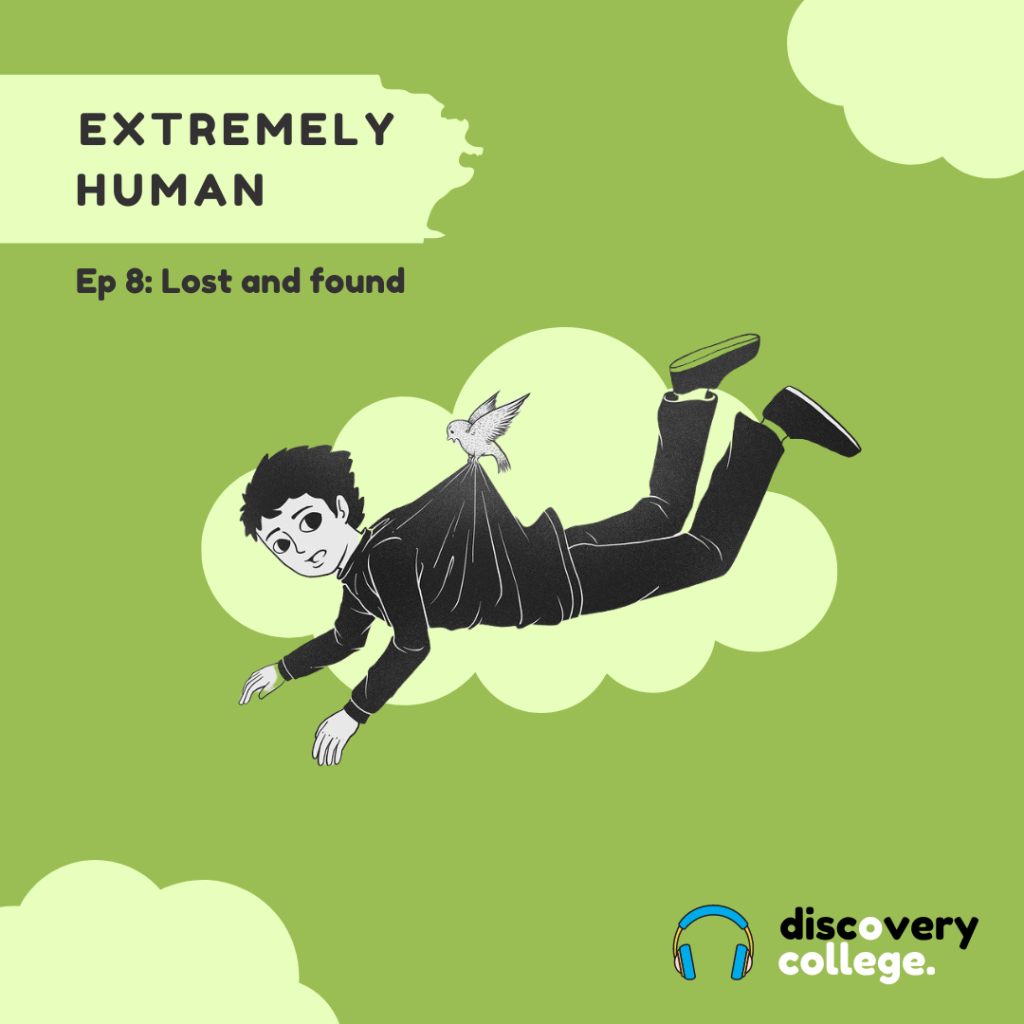
Our guest shares their experience of psychosis and depression, overcoming adversity, finding purpose through reading 200 books in 2 years, and discovering a life worth fighting for.
In Someone Else’s Shoes: Different ways of understanding mental health [Online]
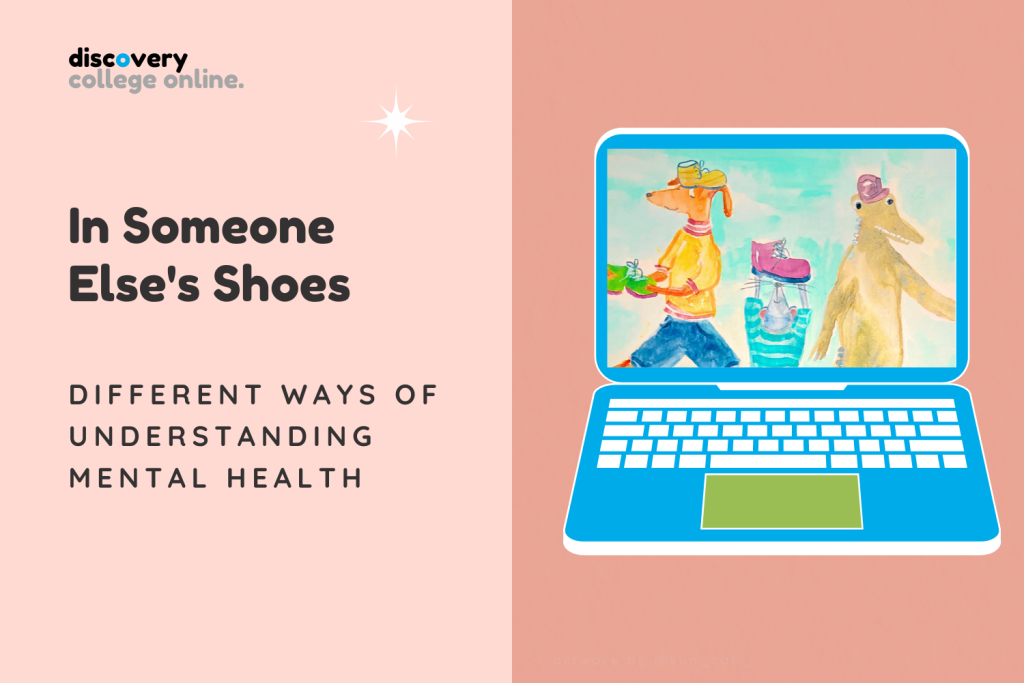
An exploration of different ways of understanding mental health.
That Anxious Feeling [Online]
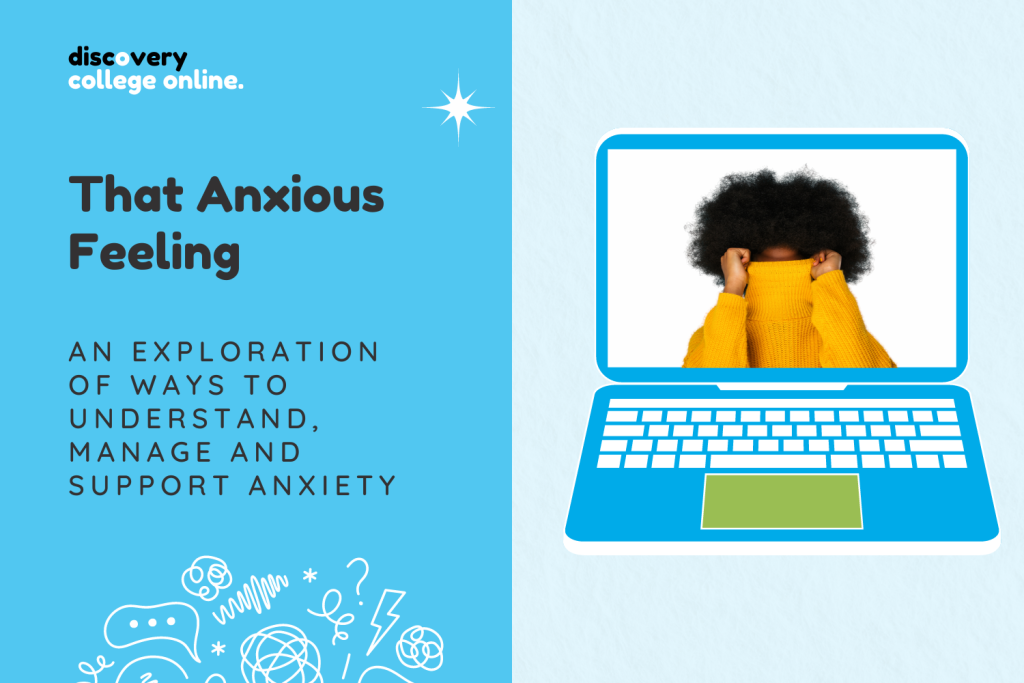
An exploration of ways to understand, manage and support anxiety.
What is it About Medication? [Online]
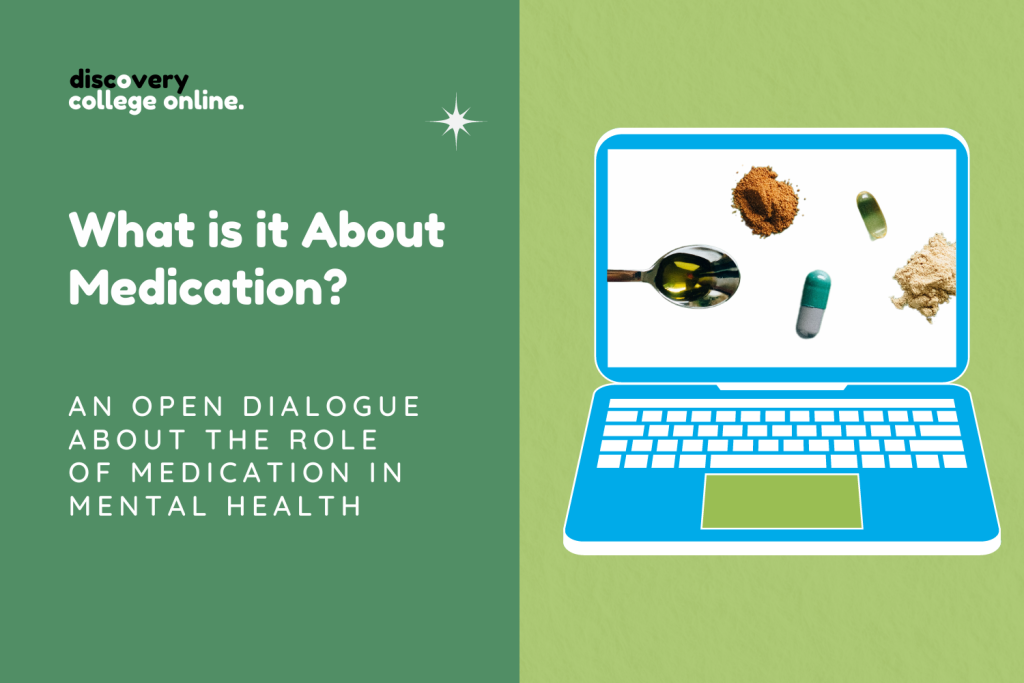
An open dialogue about the role of medication in mental health.
The message of suicide
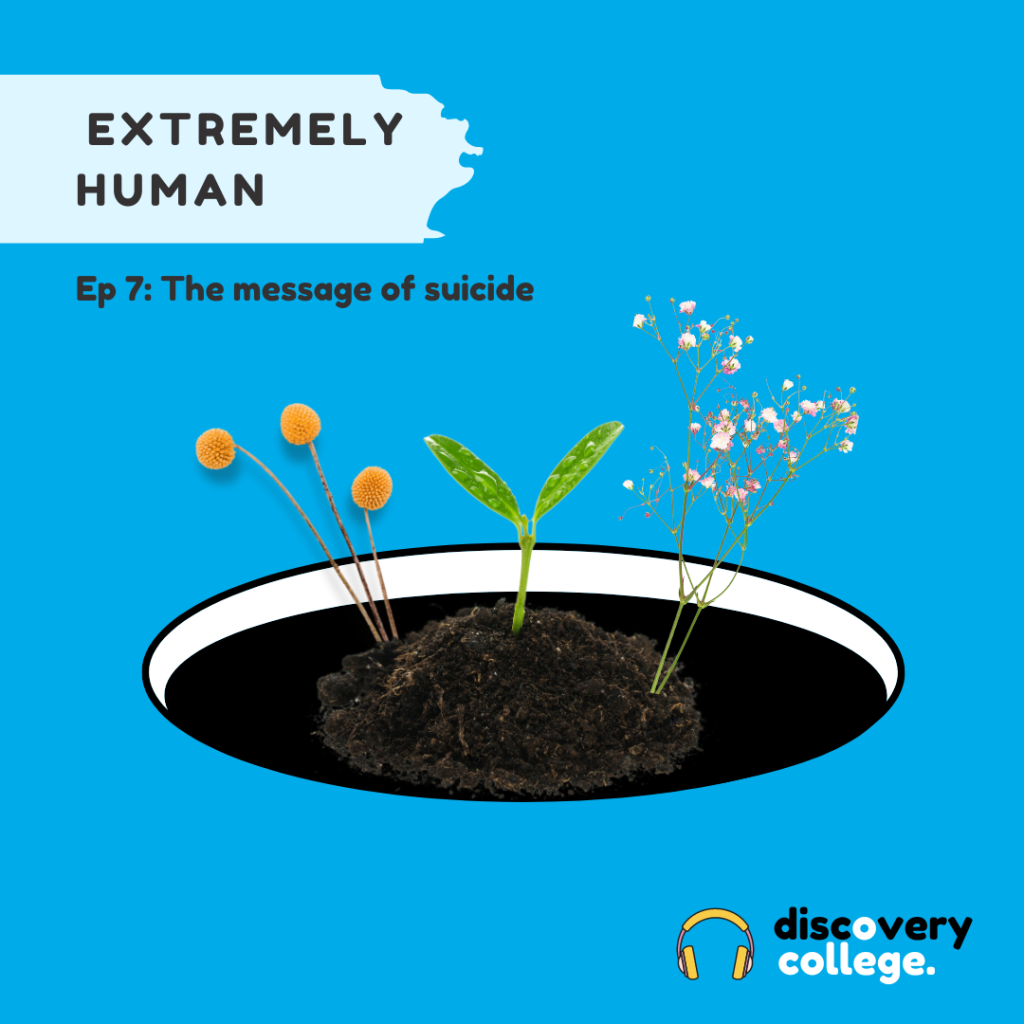
This is a conversation with Jesse about suicide. Jesse shares his own experiences of suicidality and offers different ways we can have more compassionate conversations about it. We think about suicide as a natural physiological response to distress that contains a message for the individual and those around them. We explore some of the misunderstandings around suicide, the importance of language and allowing people time and space to process and heal.
A difficult gift
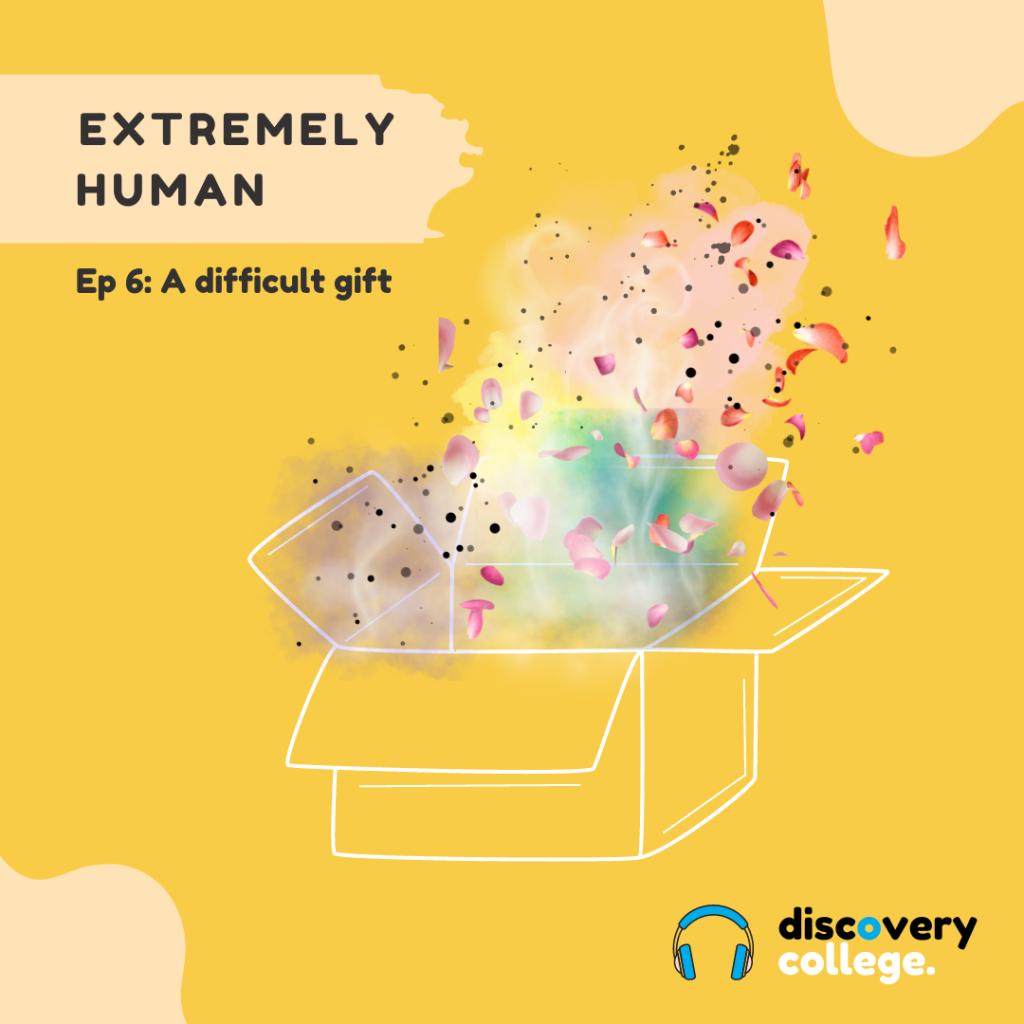
We sat down to chat with Mary O’Hagan, who’s currently the Executive Director of Lived Experience in the Department of Health in Victoria. Mary shares snippets from her memoir “Madness Made Me” and speaks about how value and meaning can be derived from experiences of madness. We ponder what it could look like if communities looked after each other and created space for people in distress.
A search for meaning
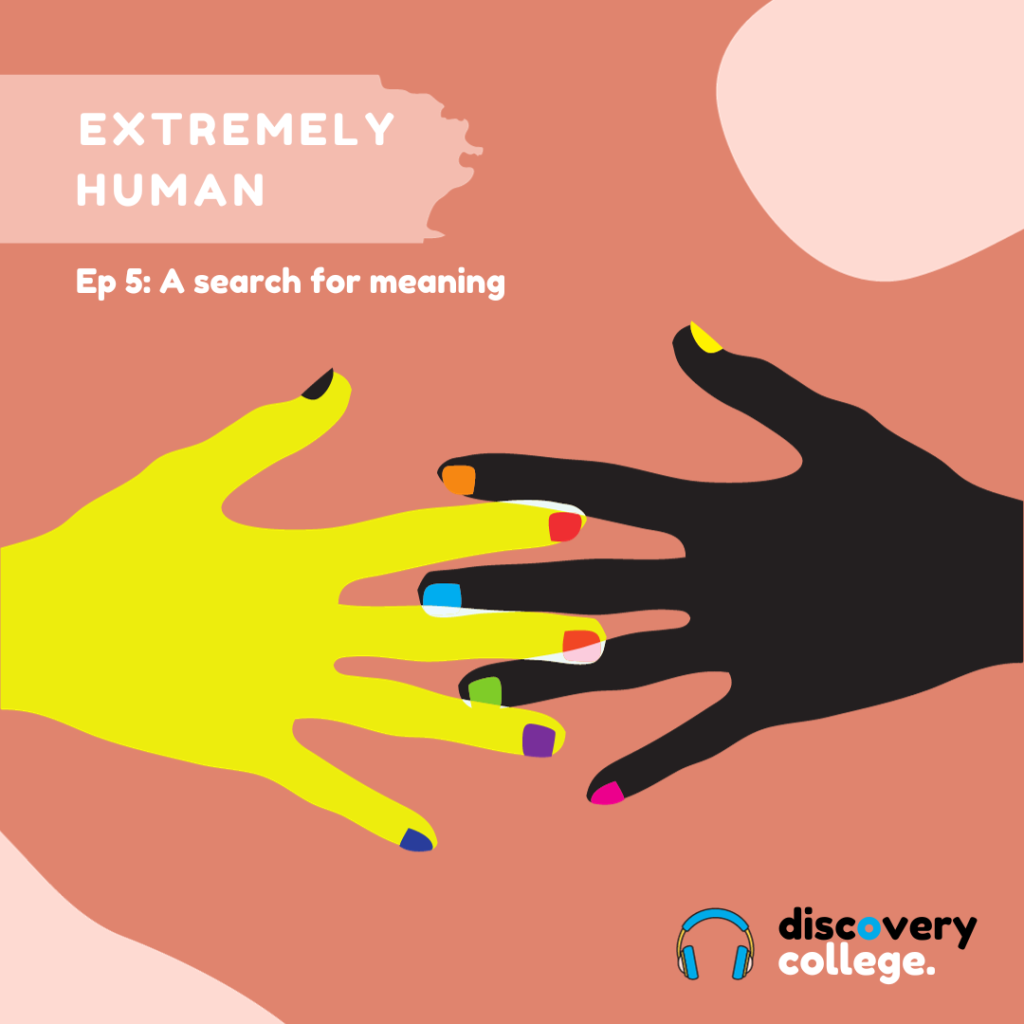
Elsa talks us through her new role as the spiritual care lead and some of her hopes for the role.
Elsa breaks down and simplifies what the word ‘spirituality’ means, what it can look like in a modern world and why it can be important in the context of mental health and healing.
In Someone Else’s Shoes: Different ways of understanding mental health [In Person]

An exploration of different ways of understanding mental health.
That Anxious Feeling

An exploration of ways to understand, manage and support anxiety.
Is this really radical?

Paul helps to bust some myths about common misconceptions in the medical world. Paul speaks about the value of humanizing people’s experience rather than medicalising it and how including people’s loved ones in their care can make a real difference.




